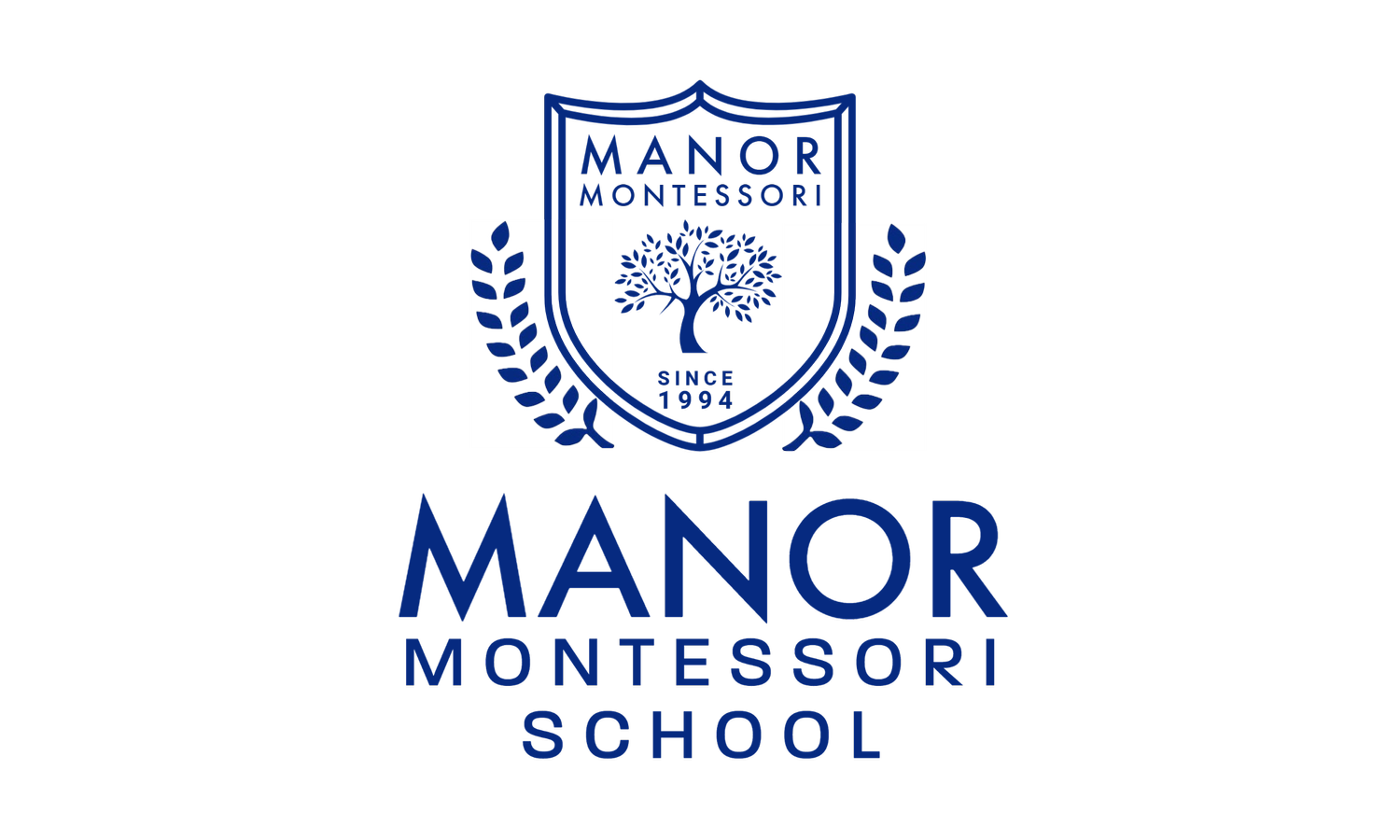Montessori Curriculum
Montessori education fosters independence, curiosity, and self-discipline through personalized learning and low student-teacher ratios. The multi-age, collaborative environment supports growth, critical thinking, and intrinsic motivation, tailored to each child’s unique pace.
5 Key Areas of Montessori Curriculum.
Practical Life
Practical Life activities introduce Montessori students to tasks like handwashing, dressing, and pouring, teaching step-by-step problem-solving. These exercises build independence, confidence, fine motor skills, and sustained focus.
Sensorial
Sensorial activities refine senses and build motor skills through materials focused on qualities like color, shape, and texture, enabling self-correction and enhancing observational and reasoning skills.
Math
In Math, children transition from concrete to abstract thinking, exploring numbers, decimals, basic operations, and fractions through tactile materials like Bead Chains and Fraction Circles.
Language
Montessori language activities build foundational skills through tactile letters, phonetics, and leveled reading. As students progress, they expand vocabulary, study grammar, and practice sentence analysis, while developing oral skills and confidence through presentations.
Cultural Studies
Cultural studies in Montessori cover geography, history, science, botany, zoology, and world traditions using materials like globes, puzzles, and cultural lessons. Elementary students delve deeper, presenting projects and taking field trips to enhance their learning.





